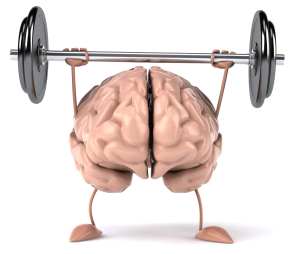

MedFriendly®


Ability
Ability refers to the mental (psychological), physical, or
legal competence to function in a specific way because
of the possession of appropriate skills and mental or
physical fitness. Physical abilities encompass many
possible areas and can be tested in many different ways.
Examples include tests of balance ability, tension ability
(ability to pull, push, or lift), endurance ability (i.e., how
long one can do an activity for), flexion ability (e.g., ability
to bend, twist, reach, or stretch), or power ability (e.g.,
strength).
FEATURED BOOK: Active Listening: Improve Your
High cognitive ability in people
with strong brain functioning.
In psychological testing, intellectual ability is reflected by the Full Scale Intelligence
Quotient (Full Scale IQ or FSIQ) with the Wechsler series of IQ tests and on the
Stanford-Binet Intelligence Tests. Different intelligence tests use different terms for this
concept such as the Composite Intelligence Index (CIX) on the Reynolds Intellectual
Assessment Scales (RIAS). When there is a significant enough discrepancy between
intellectual ability and academic achievement (in favor of ability) this information is
consistent with a learning disorder/disability (e.g., math disorder, reading disorder).
"Where Medical Information is Easy to Understand"™
In a legal context, if one is deemed to have lost
the ability to care for oneself, make independent
decisions about specific issues (e.g., personal
care, finances), or to think in a logical way, that
person may be said to lack competence/capacity
in a specific area and to be in need of external
help to prevent the person from doing harm to
him/herself or others.
Ability comes from the Latin word "habils" meaning
"easy to manage."
















